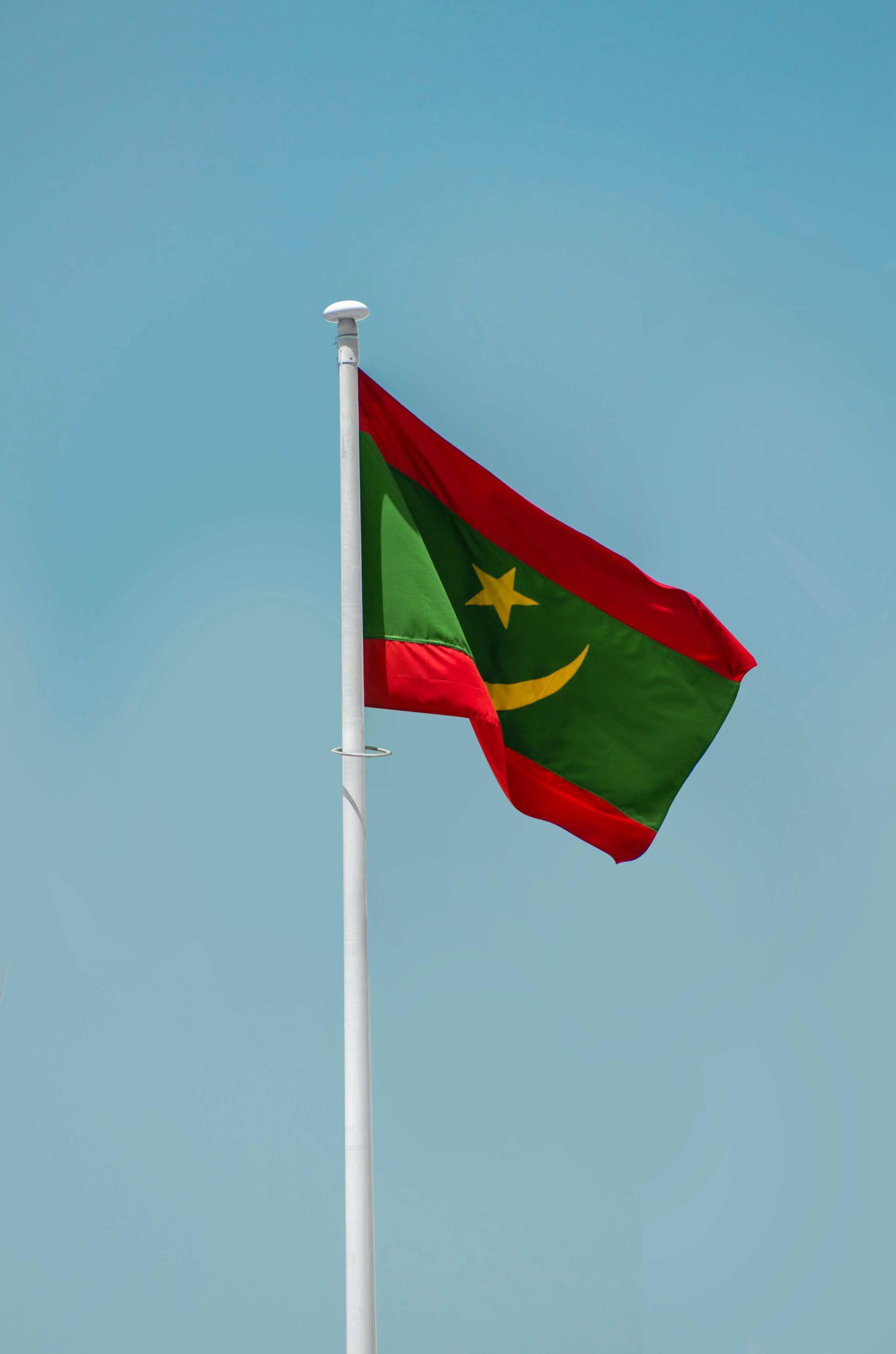According to the Guinness Book of Records, the country with the most official languages since 2013 is Zimbabwe. Languages have undergone significant changes in Zimbabwe over the years, reflecting the country’s rich cultural heritage and diverse population. Today, several languages are widely spoken in Zimbabwe, each with its own unique history and influence on the country’s culture and society. In total, Zimbabwe has 16 official languages, these are: Chewa, Chibarwe, English, Kalanga, Khoisan, Nambya, Ndau, Ndebele, Shangani, Shona, Sign Language, Sotho, Tonga, Tswana, Venda, and Xhosa.
Shona
Shona is the most widely spoken language in Zimbabwe, with an estimated 80% of the population speaking it as their first language. It is a Bantu language and has a rich cultural heritage, being used in traditional storytelling, music, and other forms of artistic expression. Shona has also been influenced by other languages, including English and Ndebele, which have been introduced to the country over the years.
Ndebele
Ndebele is the second most widely spoken language in Zimbabwe, with around 20% of the population speaking it as their first language. It is also a Bantu language, with roots in the Nguni culture of southern Africa. Ndebele has its own unique linguistic features and cultural traditions and has had a significant impact on the development of Zimbabwean culture and society.
English
English is the official language of Zimbabwe and is widely used in education, government, and business. It has been a dominant language in the country since the colonial era, and its influence can be seen in many aspects of Zimbabwean culture, including literature, media, and the arts.
Other official languages in Zimbabwe
In addition to Shona, Ndebele, and English, several other languages are spoken in Zimbabwe, including Chewa, Tonga, and Venda. These languages are indigenous to different parts of the country and reflect the rich cultural diversity of Zimbabwe’s population.
Zimbabwe’s language diversity has also caused problems with many people struggling to understand Zimbabwe’s diversity. People who do not speak one of the widely spoken languages in Zimbabwe may struggle to communicate effectively with others and understand the language diversity of the country. This can lead to misunderstandings and difficulty in appreciating the cultural significance of each language. However, by learning more about the country’s linguistic heritage and appreciating the significance of each language, people can gain a deeper understanding and appreciation for Zimbabwe’s rich cultural diversity.
Image Credit: Andrew Neel on Unsplash





